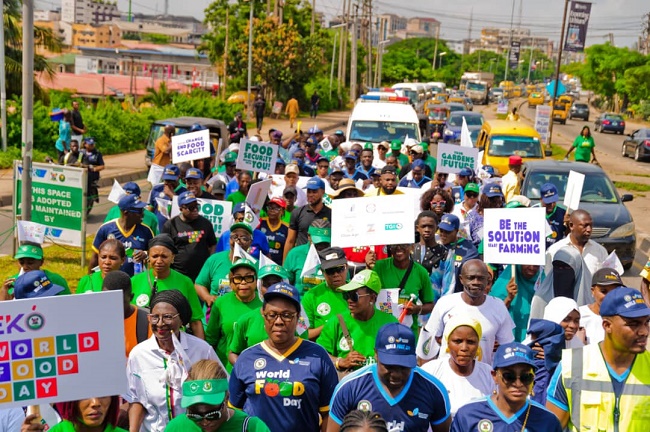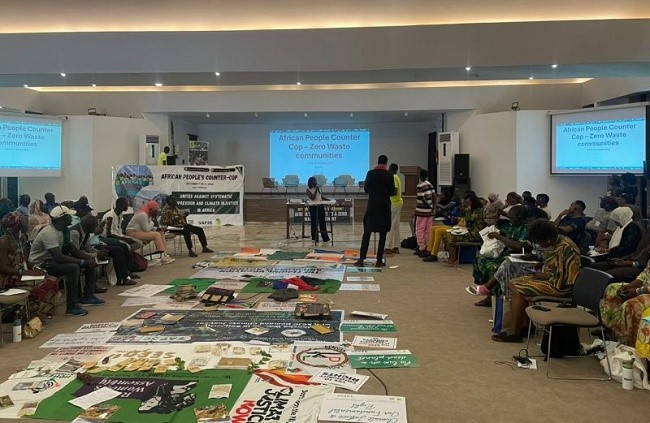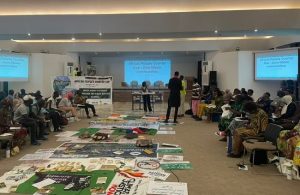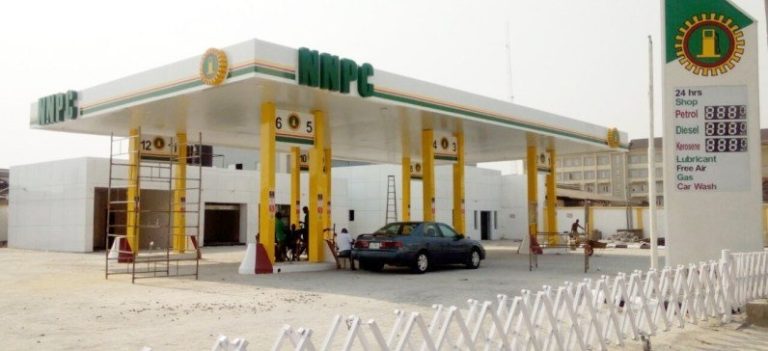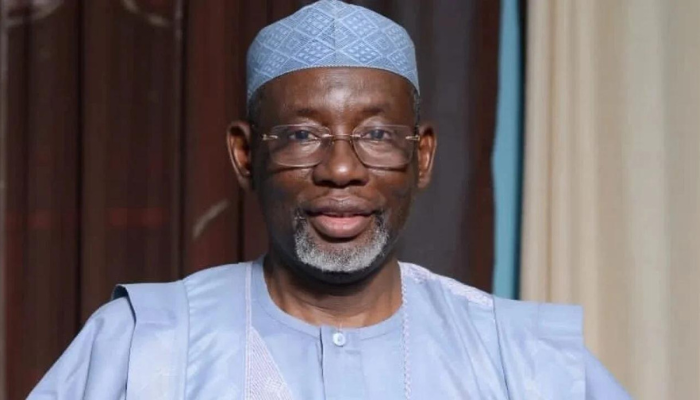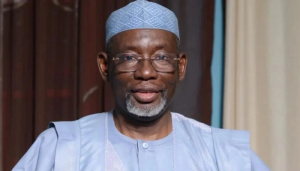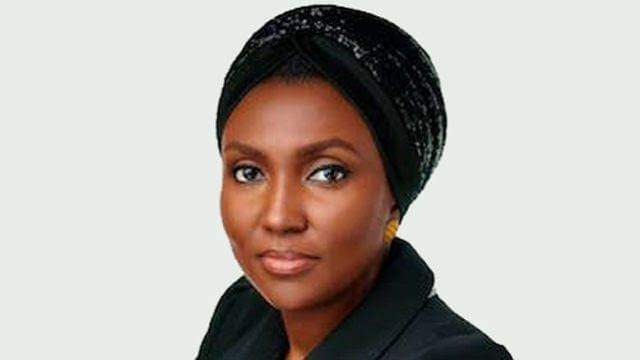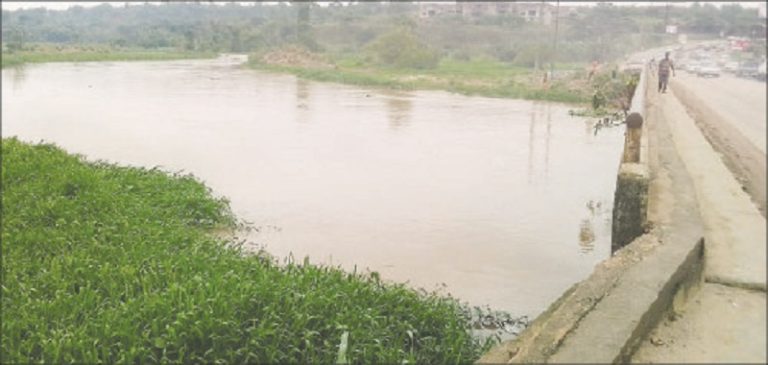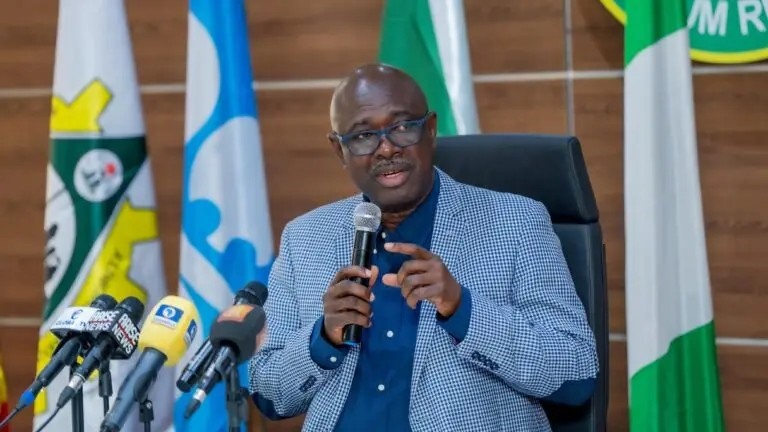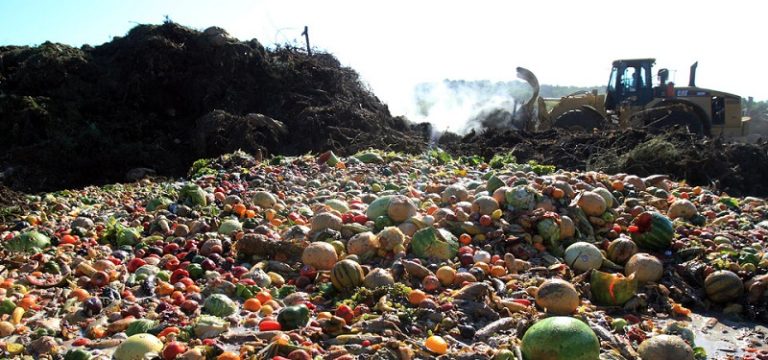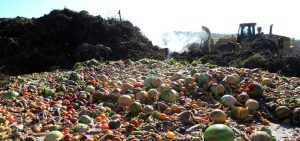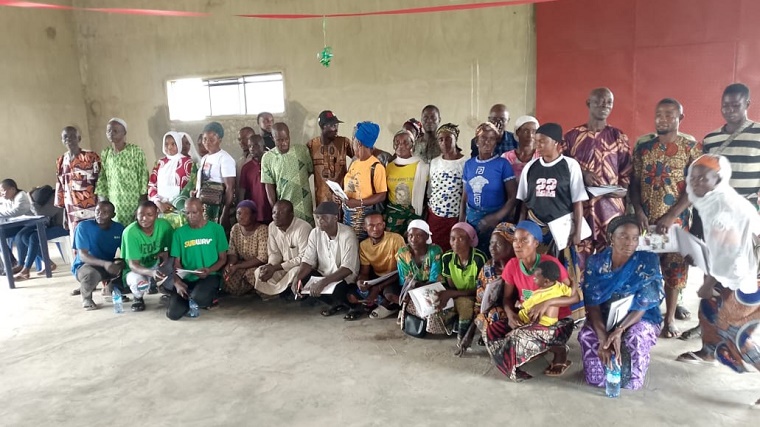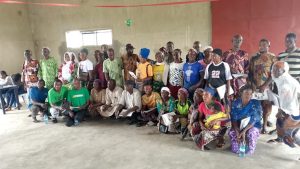Climate Action Network’s latest Renewable Energy Tracker Report has revealed that not one country is doing enough to provide clean, accessible, and affordable energy. The latest findings show that the world is therefore not on track to reach 100% Renewable Energy by 2050.
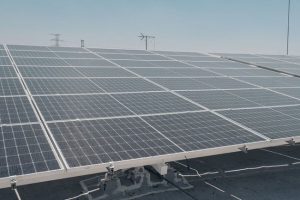
According to CAN, renewable energy remains concentrated in just a few, often rich, countries, inaccessible to people globally – notably the rural poor, who are often dependent on toxic cooking fuels.
“Despite the continuing growth in investment in renewable energy, there are still too many barriers for developing countries to access the right kind of finance to grow their own renewables, these include mounting debt, limited public grants-based finance available, and high cost of capital in their regions,” stated the group, adding:
“Meanwhile, in the name of ‘clean energy’, big corporations are supplying the world with the hardware needed for the energy transition. At the same time, they are extracting the critical minerals needed without the consent of Indigenous Peoples and impacted communities, and at a high cost to the environment.”
Julie Ducasse, Coordinator on Renewable Energy Data at Climate Action Network International, said: “The current distribution of renewable energy is highly unequal, leaving millions without clean electricity and stalling socio-economic progress, especially in rural areas. Meanwhile, developed countries are not deploying enough renewables to phase out fossil fuels nor providing sufficient financial support for developing countries.
“It’s time for richer countries to step up. The industry must uphold the highest standards for human, land, and environmental rights to ensure a just and equitable energy transition that truly benefits local communities and workers across the entire supply chain, from the mining of critical minerals to the supply of renewable electricity.”
Elizabeth Wangeci Chege, Energy Efficiency & Cooling Specialist at Sustainable Energy for All, said: “We are now beyond the halfway point of the Decade of Action to achieve SDG 7 targets by 2030, with roughly 2,000 days left to significantly increase the share of renewable energy. Yet, alarmingly, the global share of renewables in total final energy consumption has regressed.
“We must urgently reverse this trend and accelerate the transition to clean energy by 2030. Still 685 million people worldwide – including 591 million in Africa – lack access to electricity. We must end these inequalities, prioritise people and nature, and unlock the full potential of renewables.”
Karabo Mokgonyana, Renewable Energy Campaigner at Power Shift Africa, said: “Behind the growth of renewable energy lies deep inequalities. Africa and other developing regions are being exploited and left behind in this global energy race, locked out by high capital costs, foreign debt, limited technological access, and a lack of support from rich nations. This injustice must end – we want an energy transition that is a tool for development for all.”


